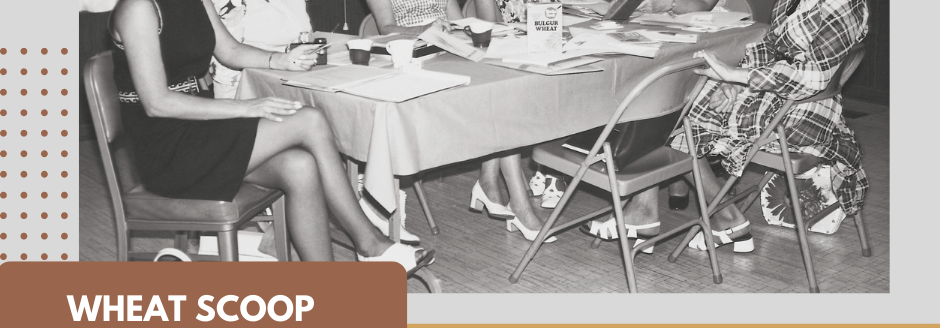Justin Knopf has a pretty good idea of the quality of wheat he grows each year on his Salina, Kansas, farm.
What he didn’t fully understand was how the wheat that leaves his farm becomes the high quality flour or other product that consumers want.
Knopf was one of 16 people representing five state and national wheat organizations who recently participated in a three-day training session at the IGP Institute, located on the north end of the Kansas State University campus.
Shawn Thiele, interim associate director of the IGP Institute and curriculum manager for flour milling and grain processing, said the course gave participants an in-depth look at the six U.S. wheat classes and how each affects the milling and baking processes, and flour quality.
“It has been valuable for me to see how the quality of wheat that I raise on my farm affects the miller and baker and the products they make for their customers,” said Knopf, who is also vice president of Kansas Wheat.
“I now have a better understanding of, and appreciation for, what wheat goes through after it leaves my farm, the complexity of the milling process, and the science that goes into milling and baking.”
Portions of the course included work at the Hal Ross Flour Mill and K-State’s Shellenberger Hall milling and baking labs. Thiele said the IGP Institute offers many customized grain processing and flour milling courses yearly, as well as training in feed manufacturing and grain quality management; and grain marketing and risk management.
For more information on upcoming training opportunities, visit www.grains.k-state.edu/igp.




